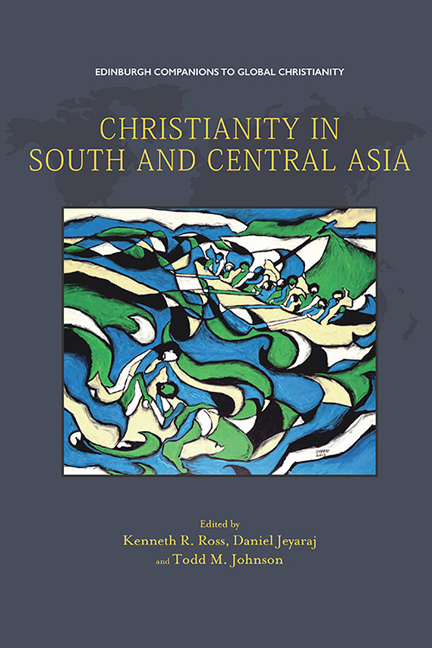Bhutan
Published online by Cambridge University Press: 30 April 2020
Summary
Bhutan is a tiny country sandwiched between the giant neighbours of China in the north and India to the south. It is the only surviving monarchy in the Himalayas and often invoked as the last Shangri-La in the East. Mahayana Buddhism is the state religion. Bhutan has resisted any foreign colonial power and is proud of its rich culture and history. It is a predominantly Buddhist nation, its history shaped by Guru Padmasambhava, who arrived from India in the middle of the eighth century and until today is venerated and worshipped as the second Buddha in Bhutan. In the early twelfth century the Drukpa school of Mahayana tantric Buddhism was established by Lam PhajoDrukgom. Its influence was further consolidated by Zhabdrung Ngawang Namgyal, who established Bhutan as a theocratic nation during the seventeenth century. Today almost all northern Bhutanese are Buddhist. In the south Hindus are in the majority, though Buddhists are found there too, particularly among southern Bhutanese of Nepali origin. For most Bhutanese, Buddhism permeates all facets of their lives, and it is built into their national identity.
Bhutan has never been colonised by any imperialist power and has kept its sovereignty intact. A key role in resisting British colonialism was played by Jigme Namgyal (1825–81), father of the first monarch. The country emerged from ‘policy isolation’ in the early 1970s, having joined the United Nations in 1971. In modern times, Bhutan has attracted global attention by its claim to be a country of happiness. This was memorably stated by the fourth King of Bhutan, King Jigme Singye Wangchuck, in 1972, when he declared that ‘gross national happiness’ is more important than gross domestic product.
King Jigme Singye Wangchuck has also played a leading role in the establishment of a democratic system of government in Bhutan during the early years of the twenty-first century. The 2008 constitution makes important provision for religious freedom, stating for example that ‘A Bhutanese citizen shall have the right to freedom of thought, conscience and religion. No person shall be compelled to belong to another faith by means of coercion or inducement’ (article 7, section 4).
- Type
- Chapter
- Information
- Christianity in South and Central Asia , pp. 180 - 183Publisher: Edinburgh University PressPrint publication year: 2019

